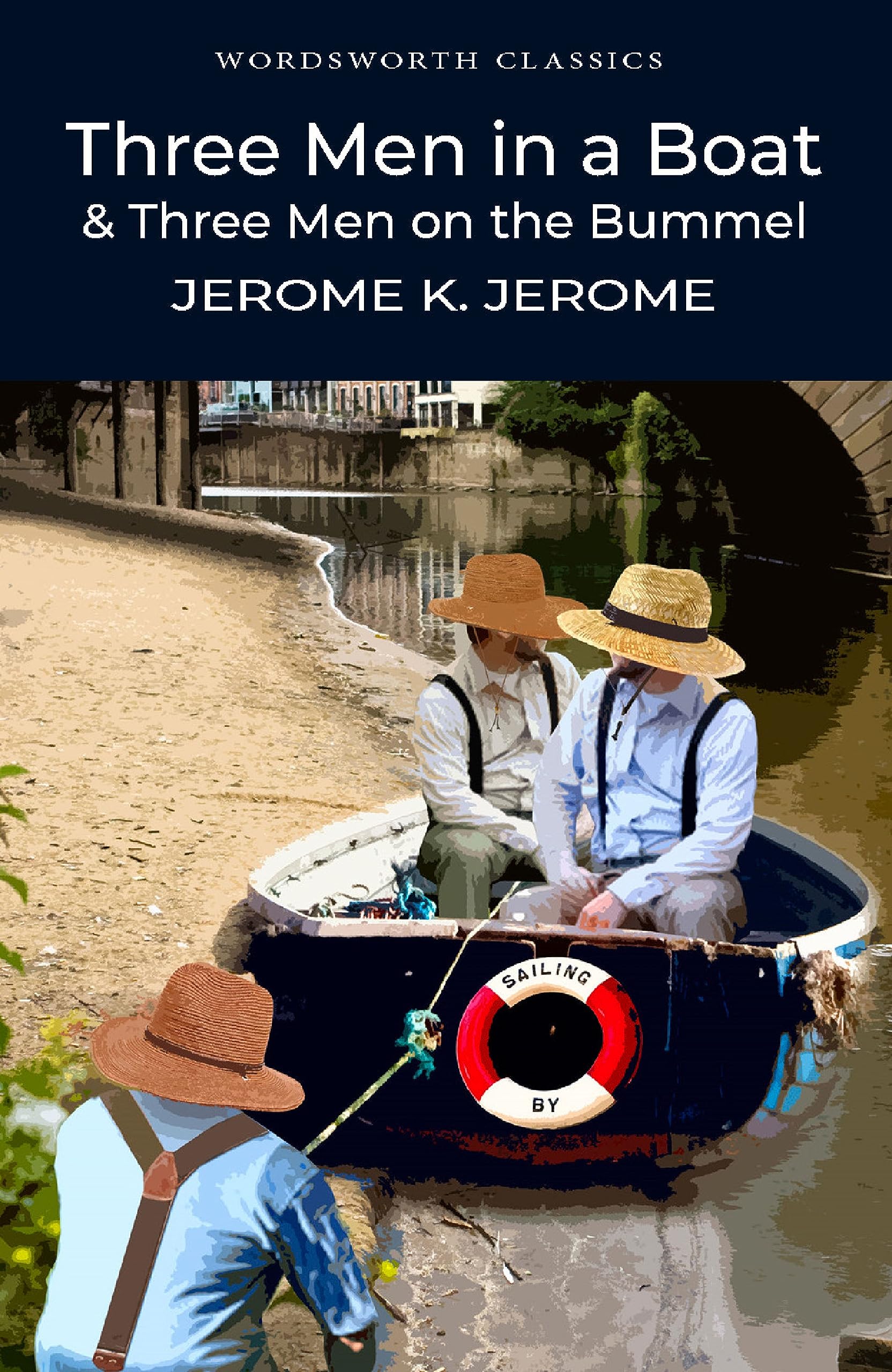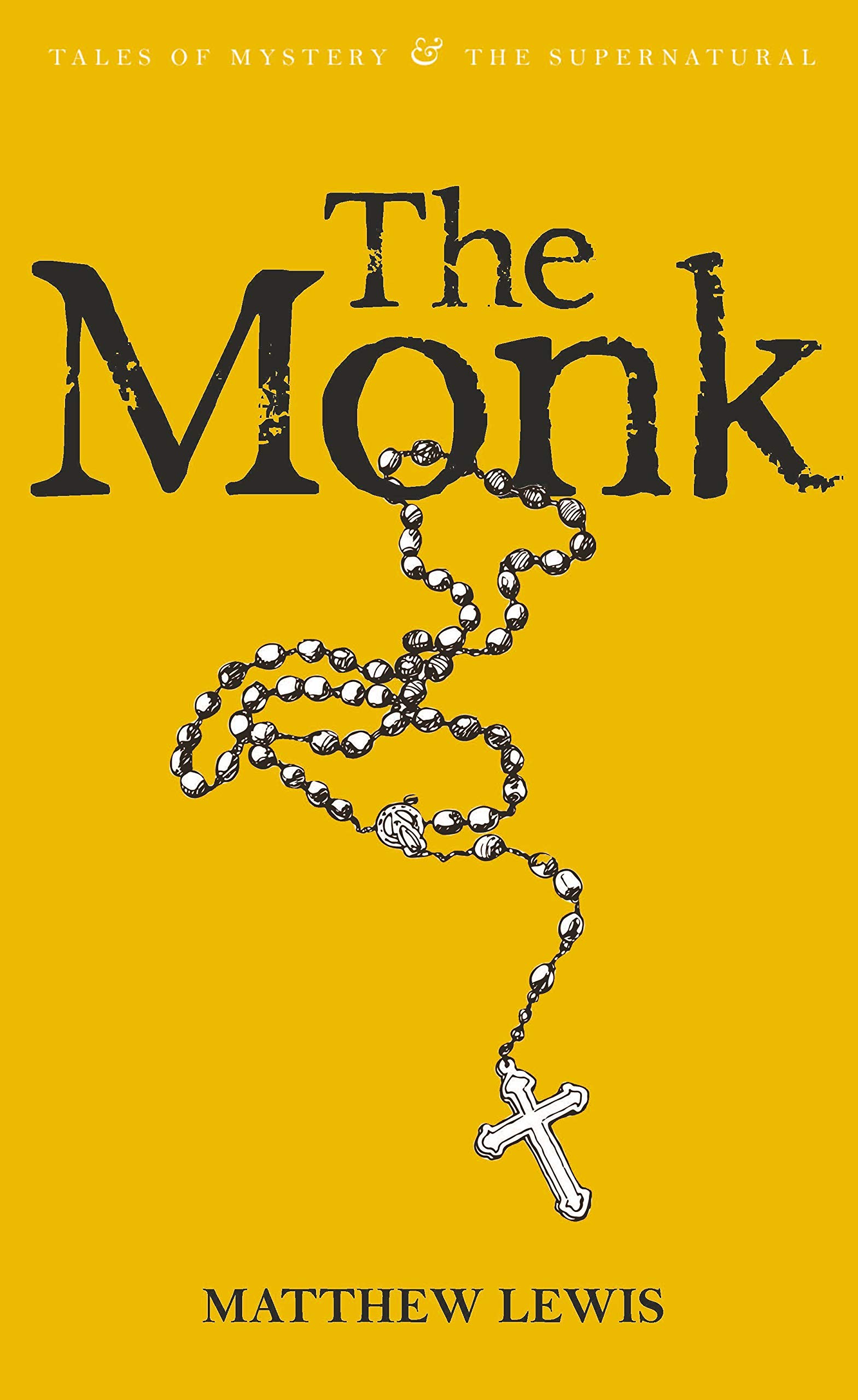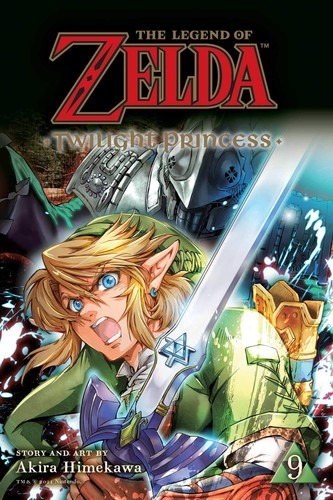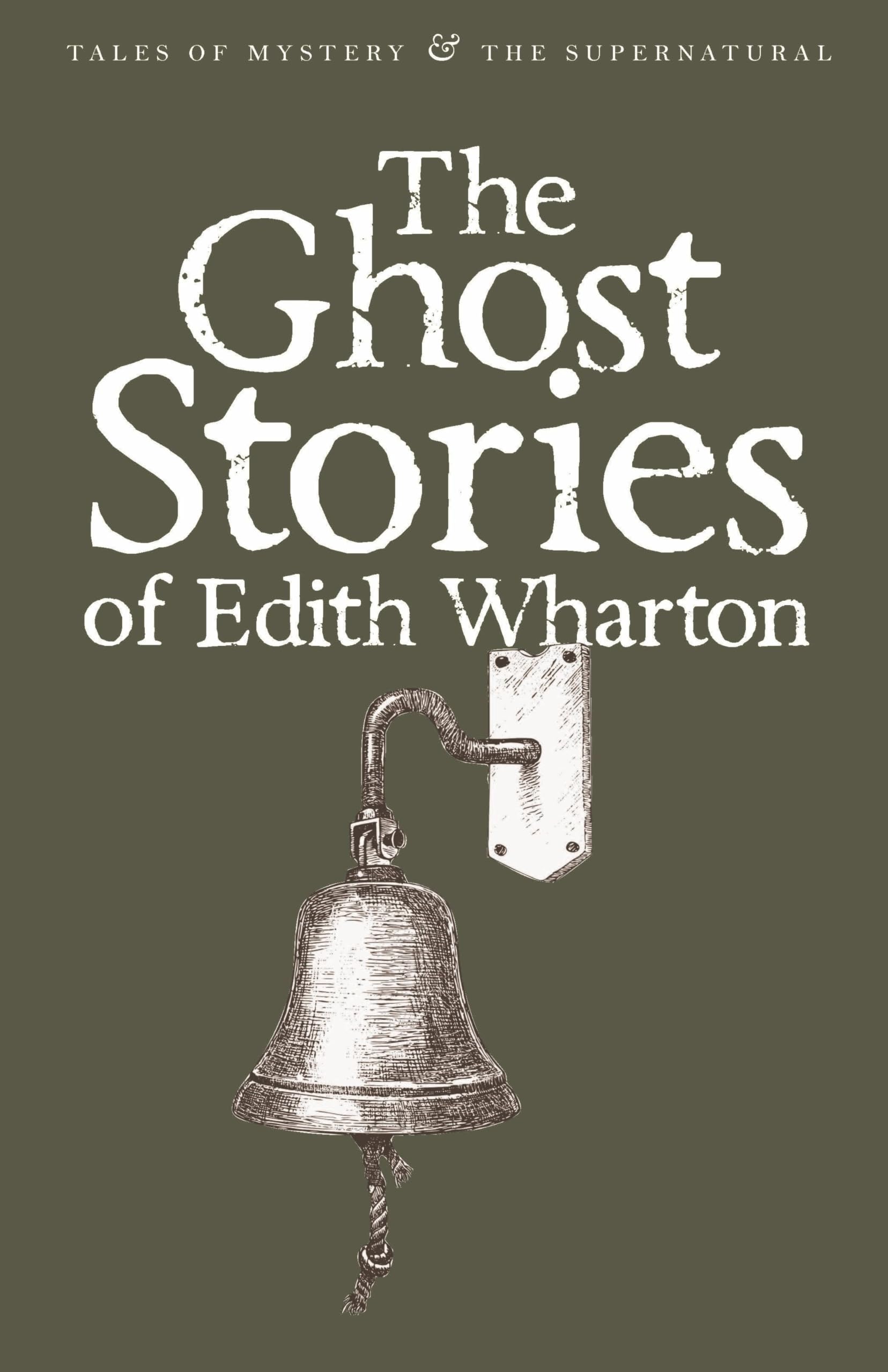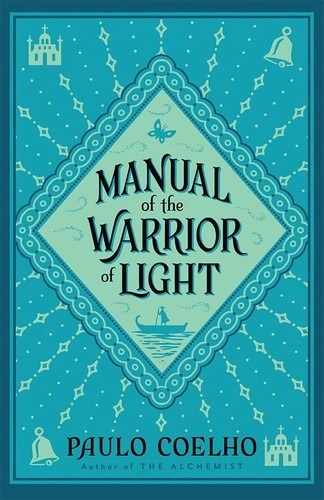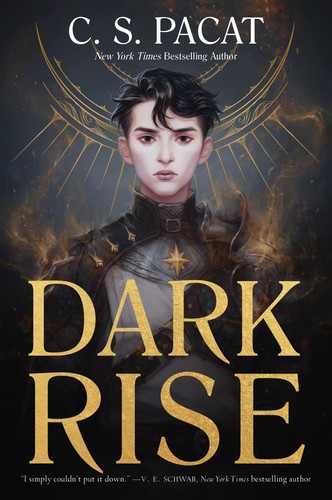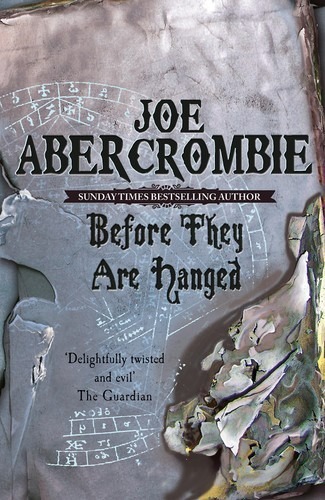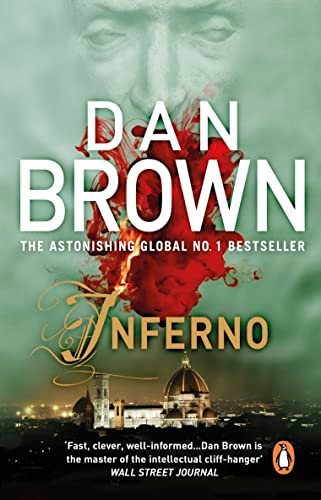Search Results for: vitrine
THREE MEN IN A BOAT & THREE MEN ON THE BUMMEL – WWC
Three Men in a Boat There are four of them - George, Harris, the writer himself and that dog, Montmorency - all participants in a boating expedition on the Thames. The difficulties and vicissitudes heaped upon these innocents develop to epic proportions as they experience the hazards of the great English waterway. Their problems are in no way diminished by the outrageous behaviour of Montmorency, who lays waste several riverside communities in the course of their journey. Three Men on the Bummel 'What is a bummel?' said George. 'How would you translate it?' 'A bummel,' I explained, 'I should describe as a journey, long or short, without an end: the only thing regulating it being the necessity of getting back within a given time to the point from which one started . . . ' After considerable indecision the bummel takes our heroes to Germany's Black Forest where they manage to disrupt the tranquil way of life usually enjoyed by the denizens, whose curious behaviour they closely observe and record in their account of this second epic journey. Even without that dog, chaos and mayhem reign supreme.
Rhythm of War, Part One
After forming a coalition of human resistance against the enemy invasion, Dalinar Kholin and his Knights Radiant have spent a year fighting a protracted, brutal war. Neither side has gained an advantage, and the threat of a betrayal by Dalinar's crafty ally Taravangian looms over every strategic move.
Now, as new technological discoveries by Navani Kholin's scholars begin to change the face of the war, the enemy prepares a bold and dangerous operation. The arms race that follows will challenge the very core of the Radiant ideals, and potentially reveal the secrets of the ancient tower that was once the heart of their strength.
At the same time that Kaladin Stormblessed must come to grips with his changing role within the Knights Radiant, his Windrunners face their own problem: As more and more deadly enemy Fused awaken to wage war, no more honorspren are willing to bond with humans to increase the number of Radiants. Adolin and Shallan must lead the coalition's envoy to the honorspren stronghold of Lasting Integrity and either convince the spren to join the cause against the evil god Odium, or personally face the storm of failure.
Now, as new technological discoveries by Navani Kholin's scholars begin to change the face of the war, the enemy prepares a bold and dangerous operation. The arms race that follows will challenge the very core of the Radiant ideals, and potentially reveal the secrets of the ancient tower that was once the heart of their strength.
At the same time that Kaladin Stormblessed must come to grips with his changing role within the Knights Radiant, his Windrunners face their own problem: As more and more deadly enemy Fused awaken to wage war, no more honorspren are willing to bond with humans to increase the number of Radiants. Adolin and Shallan must lead the coalition's envoy to the honorspren stronghold of Lasting Integrity and either convince the spren to join the cause against the evil god Odium, or personally face the storm of failure.
The Future of Geography
Spy satellites orbiting the Moon. Space metals worth billions. Humans on Mars within our lifetimes. This isn’t science fiction. It’s astropolitics. We’re entering a new space race – and it could revolutionise life on Earth.
the new frontier, a wild and lawless place. It is already central to communication, economics, military strategy and international relations on Earth. Now, it is the latest arena for human exploration, exploitation – and, possibly, conquest. We’re heading up and out, and we’re taking our power struggles with us. China, the USA and Russia are leading the way.
From physical territory and resources to satellites, weaponry and strategic choke points, geopolitics is as important in the skies above us as it is down below. If you’ve ever wondered if humans are going back to the Moon, who will benefit from exploration or what space wars might look like, the answers are here.
With all the insight and wit that have made Tim Marshall the UK’s most popular writer on geopolitics, this gripping book shows how we got here and where we’re going, covering great-power rivalry; technology; commerce; combat in space; and what it means for all of us down here on Earth. This is essential reading on power, politics and the future of humanity.
the new frontier, a wild and lawless place. It is already central to communication, economics, military strategy and international relations on Earth. Now, it is the latest arena for human exploration, exploitation – and, possibly, conquest. We’re heading up and out, and we’re taking our power struggles with us. China, the USA and Russia are leading the way.
From physical territory and resources to satellites, weaponry and strategic choke points, geopolitics is as important in the skies above us as it is down below. If you’ve ever wondered if humans are going back to the Moon, who will benefit from exploration or what space wars might look like, the answers are here.
With all the insight and wit that have made Tim Marshall the UK’s most popular writer on geopolitics, this gripping book shows how we got here and where we’re going, covering great-power rivalry; technology; commerce; combat in space; and what it means for all of us down here on Earth. This is essential reading on power, politics and the future of humanity.
The Monk
With an Introduction by Kathryn White.Prepare to be shocked. This novel, written in 1796, is a Gothic festival of sex, magic and ghastly, ghostly violence rarely seen in literature. The Monk is remarkably modern in style and tells a breathless tale of temptation, imprisonment and betrayal. Matthew Lewis recounts the downfall of Ambrosio, the holier-than-thou monk seduced within the walls of a Madrid abbey until he heads for the utter corruption of the soul. Meanwhile, two sets of young lovers are thwarted and the reader thrills to pursuits through the woods by bandits and is chilled by the spectre of nuns imprisoned in vermin-ridden and skeleton-crowded vaults.Late Eighteenth Century audiences were polarised in opinion as to the novel's merits. Lord Byron and the Marquis de Sade were impressed by Lewis's daring, while Coleridge warned parents against The Monk's suitability for their sons or daughters, describing the novel as 'poison for youth. If you want a novel that still terrifies, over two hundred years after it was written, there is none finer than The Monk.
The Legend of Zelda: Twilight Princess, Vol. 9
Link must defeat evil at every turn in his perilous quest to help Princess Zelda!
Once upon a time, wizards tried to conquer the Sacred Realm of Hyrule. The Spirits of Light sealed the wizards’ power within the Shadow Crystal and banished them to the Twilight Realm beyond the Mirror of Twilight. Now, an evil menace is trying to find Midna, Princess of the Twilight Realm, and the fragments of the Shadow Crystal to gain the power to rule over both the Twilight Realm and the World of Light.
Midna tells Link about the time before she came to the world of Light and how the evil wizard Zant turned her into her current form. Bitter and angry, Midna only used other people to get her revenge. Link needs Midna’s help now more than ever, and his forgiveness may give her the strength to continue the fight. Ahead of them, in the Twilight Realm itself, lie greater dangers than they have faced before, as well as Midna’s nemesis, the scheming sorcerer Zant.
Once upon a time, wizards tried to conquer the Sacred Realm of Hyrule. The Spirits of Light sealed the wizards’ power within the Shadow Crystal and banished them to the Twilight Realm beyond the Mirror of Twilight. Now, an evil menace is trying to find Midna, Princess of the Twilight Realm, and the fragments of the Shadow Crystal to gain the power to rule over both the Twilight Realm and the World of Light.
Midna tells Link about the time before she came to the world of Light and how the evil wizard Zant turned her into her current form. Bitter and angry, Midna only used other people to get her revenge. Link needs Midna’s help now more than ever, and his forgiveness may give her the strength to continue the fight. Ahead of them, in the Twilight Realm itself, lie greater dangers than they have faced before, as well as Midna’s nemesis, the scheming sorcerer Zant.
Ghost Stories of Edith Wharton (Tales of Mystery & the Supernatural)
Ghost Stories of Edith Wharton by Edith Wharton. Traumatised by ghost stories in her youth, Pulitzer Prize winning author Edith Wharton (1862 -1937) channelled her fear and obsession into creating a series of spine-tingling tales filled with spirits beyond the grave and other supernatural phenomena. While claiming not to believe in ghosts, paradoxically she did confess that she was frightened of them. Wharton imbues this potent irrational and imaginative fear into her ghostly fiction to great effect. In this unique collection of finely wrought tales Wharton demonstrates her mastery of the ghost story genre. Amongst the many supernatural treats within these pages you will encounter a married farmer bewitched by a dead girl: a ghostly bell which saves a woman's reputation: the weird spectral eyes which terrorise the midnight hours of an elderly aesthete: the haunted man who receives letters from his dead wife: and the frightening power of a doppelganger which foreshadows a terrible tragedy. Compelling, rich and strange, the ghost stories of Edith Wharton, like vintage wine, have matured and grown more potent with the passing years.
Manual of The Warrior of Light
A collection of inspirational thoughts and stories from bestselling author of The Alchemist, Paulo Coelho. A collection of insightful philosophical thoughts and stories, in which Paulo Coehlo offers inspiring answers to profound questions to delight spiritual seekers everywhere. It has proved to be a perfect gift-book in the few countries in which it has been published so far. This will be the first English translation. This book is a jewel for all of us who look for meaning in our daily lives as we struggle along the spiritual path. Within each of us is a Warrior of Light. Each of us capable of listening to the silence of the heart, of accepting failure without letting it get us down and of holding onto hope even in the face of weariness and depression. Values like love for all things, discipline, friendship and learning to listen to our own hearts are the arms with which this warrior confronts the battles we face in the name of personal growth and in the defence of the light. On every page there is an inspirational thought, which can be read as part of Paulo Coelho's whole philosophy or used form the basis of a daily meditation. The Manual of the Warrior of Light is a handbook that shows human beings how to live as spiritual beings in the material world.
Dark Rise
* Instant New York Times Bestseller * Indie Bestseller *
In this stunning new fantasy novel from international bestselling author C. S. Pacat, heroes and villains of a long-forgotten war are reborn and begin to draw new battle lines. This epic fantasy with high-stakes romance will sit perfectly on shelves next to beloved fantasy novels like the Infernal Devices series, the Shadow and Bone trilogy, and the Red Queen series.
Sixteen-year-old dock boy Will is on the run, pursued by the men who killed his mother. Then an old servant tells him of his destiny to fight beside the Stewards, who have sworn to protect humanity if the Dark King ever returns. Will is thrust into a world of magic, where he starts training for a vital role in the oncoming battle against the Dark.
As London is threatened and old enmities are awakened, Will must stand with the last heroes of the Light to prevent the fate that destroyed their world from returning to destroy his own.
Like V.E. Schwab’s A Darker Shade of Magic and Shelby Mahurin’s Serpent & Dove, Dark Rise is more than just high intrigue fantasy—it’s fast-paced, action-packed, and completely surprising. Readers will love exploring the rich setting of nineteenth-century London. This thrilling story of friendship, deception, loyalty, and betrayal is sure to find a passionate audience of readers.
In this stunning new fantasy novel from international bestselling author C. S. Pacat, heroes and villains of a long-forgotten war are reborn and begin to draw new battle lines. This epic fantasy with high-stakes romance will sit perfectly on shelves next to beloved fantasy novels like the Infernal Devices series, the Shadow and Bone trilogy, and the Red Queen series.
Sixteen-year-old dock boy Will is on the run, pursued by the men who killed his mother. Then an old servant tells him of his destiny to fight beside the Stewards, who have sworn to protect humanity if the Dark King ever returns. Will is thrust into a world of magic, where he starts training for a vital role in the oncoming battle against the Dark.
As London is threatened and old enmities are awakened, Will must stand with the last heroes of the Light to prevent the fate that destroyed their world from returning to destroy his own.
Like V.E. Schwab’s A Darker Shade of Magic and Shelby Mahurin’s Serpent & Dove, Dark Rise is more than just high intrigue fantasy—it’s fast-paced, action-packed, and completely surprising. Readers will love exploring the rich setting of nineteenth-century London. This thrilling story of friendship, deception, loyalty, and betrayal is sure to find a passionate audience of readers.
Before They Are Hanged
Bitter and merciless war is coming to the frozen north. It's bloody and dangerous and the Union army, split by politics and hamstrung by incompetence, is utterly unprepared for the slaughter that's coming. Lacking experience, training, and in some cases even weapons the army is scarcely equipped to repel Bethod's scouts, let alone the cream of his forces.
In the heat-ravaged south the Gurkish are massing to assault the city of Dagoska, defended by Inquisitor Glokta. The city is braced for the inevitable defeat and massacre to come, preparations are made to make the Gurkish pay for every inch of land ... but a plot is festering to hand the city to its beseigers without a fight, and the previous Inquisitor of Dagoska vanished without trace. Threatened from within and without the city, Glokta needs answers, and he needs them soon.
And to the east a small band of malefactors travel to the edge of the world to reclaim a device from history - a Seed, hidden for generations - with tremendous destructive potential. A device which could put a end to war, to the army of Eaters in the South, to the invasion of Shanka from the North - but only if it can be found, and only if its power can be controlled ...
In the heat-ravaged south the Gurkish are massing to assault the city of Dagoska, defended by Inquisitor Glokta. The city is braced for the inevitable defeat and massacre to come, preparations are made to make the Gurkish pay for every inch of land ... but a plot is festering to hand the city to its beseigers without a fight, and the previous Inquisitor of Dagoska vanished without trace. Threatened from within and without the city, Glokta needs answers, and he needs them soon.
And to the east a small band of malefactors travel to the edge of the world to reclaim a device from history - a Seed, hidden for generations - with tremendous destructive potential. A device which could put a end to war, to the army of Eaters in the South, to the invasion of Shanka from the North - but only if it can be found, and only if its power can be controlled ...
Inferno: (Robert Langdon Book 4)
'Seek and ye shall find.'
With these words echoing in his head, eminent Harvard symbologist Robert Langdon awakes in a hospital bed with no recollection of where he is or how he got there. Nor can he explain the origin of the macabre object that is found hidden in his belongings.
A threat to his life will propel him and a young doctor, Sienna Brooks, into a breakneck chase across the city of Florence. Only Langdon's knowledge of hidden passageways and ancient secrets that lie behind its historic facade can save them from the clutches of their unknown pursuers.
With only a few lines from Dante's dark and epic masterpiece, The Inferno, to guide them, they must decipher a sequence of codes buried deep within some of the most celebrated artefacts of the Renaissance - sculptures, paintings, buildings - to find the answers to a puzzle which may, or may not, help them save the world from a terrifying threat.
Set against an extraordinary landscape inspired by one of history's most ominous literary classics, Inferno is Dan Brown's most compelling and thought-provoking novel yet, a breathless race-against-time thriller that will grab you from page one and not let you go until you close the book.
With these words echoing in his head, eminent Harvard symbologist Robert Langdon awakes in a hospital bed with no recollection of where he is or how he got there. Nor can he explain the origin of the macabre object that is found hidden in his belongings.
A threat to his life will propel him and a young doctor, Sienna Brooks, into a breakneck chase across the city of Florence. Only Langdon's knowledge of hidden passageways and ancient secrets that lie behind its historic facade can save them from the clutches of their unknown pursuers.
With only a few lines from Dante's dark and epic masterpiece, The Inferno, to guide them, they must decipher a sequence of codes buried deep within some of the most celebrated artefacts of the Renaissance - sculptures, paintings, buildings - to find the answers to a puzzle which may, or may not, help them save the world from a terrifying threat.
Set against an extraordinary landscape inspired by one of history's most ominous literary classics, Inferno is Dan Brown's most compelling and thought-provoking novel yet, a breathless race-against-time thriller that will grab you from page one and not let you go until you close the book.
